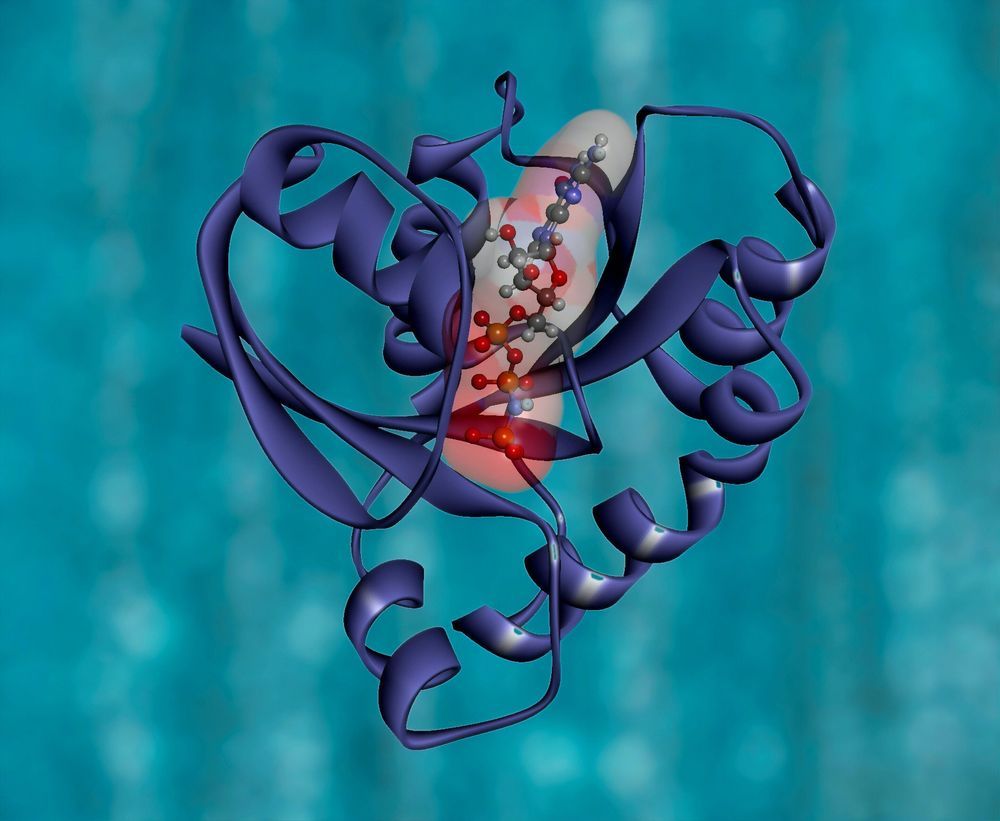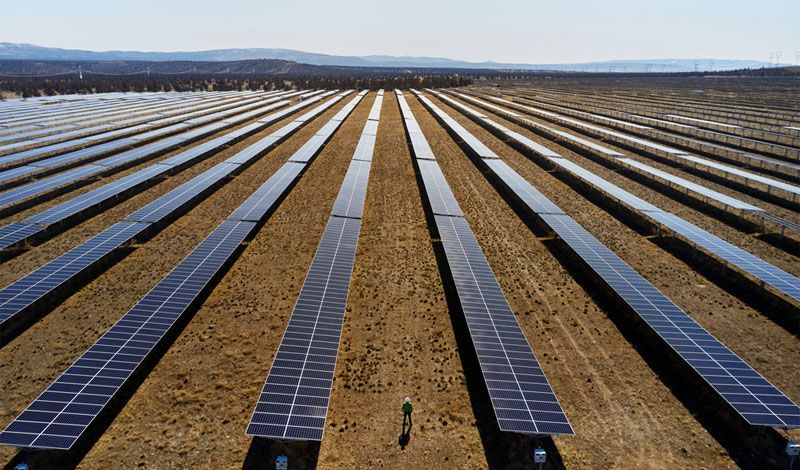Douglas is currently a Category 3 hurricane with sustained winds of 115 mph that extend 25 miles from the center of the storm. A major hurricane is any storm ranked Category 3 — sustained winds 111 to 129 mph — or stronger.


Dogs with a few days of training are capable of identifying people infected with the coronavirus, according to a study by a German veterinary university.
Eight dogs from Germany’s armed forces were trained for only a week and were able to accurately identify the virus with a 94% success rate, according to a pilot project led by the University of Veterinary Medicine Hannover. Researchers challenged the dogs to sniff out Covid-19 in the saliva of more than 1,000 healthy and infected people.

When our neurons—the principle cells of the brain—die, so do we.
Most neurons are created during embryonic development and have no “backup” after birth. Researchers have generally believed that their survival is determined nearly extrinsically, or by outside forces, such as the tissues and cells that neurons supply with nerve cells.
A research team led by Sika Zheng, a biomedical scientist at the University of California, Riverside, has challenged this notion and reports the continuous survival of neurons is also intrinsically programmed during development.

Proteins are essential to the life of cells, carrying out complex tasks and catalyzing chemical reactions. Scientists and engineers have long sought to harness this power by designing artificial proteins that can perform new tasks, like treat disease, capture carbon, or harvest energy, but many of the processes designed to create such proteins are slow and complex, with a high failure rate.
In a breakthrough that could have implications across the healthcare, agriculture, and energy sectors, a team lead by researchers in the Pritzker School of Molecular Engineering (PME) at the University of Chicago has developed an artificial intelligence-led process that uses big data to design new proteins.
By developing machine-learning models that can review protein information culled from genome databases, the researchers found relatively simple design rules for building artificial proteins. When the team constructed these artificial proteins in the lab, they found that they performed chemistries so well that they rivaled those found in nature.
The top works—and our favorites—range from interactive pieces to a pen-and-paper drawing.

BOISE, Idaho (AP) — The U.S. wants to build nuclear power plants that will work on the moon and Mars, and on Friday put out a request for ideas from the private sector on how to do that.
The U.S. Department of Energy put out the formal request to build what it calls a fission surface power system that could allow humans to live for long periods in harsh space environments.
The Idaho National Laboratory, a nuclear research facility in eastern Idaho, the Energy Department and NASA will evaluate the ideas for developing the reactor.

US officials and scientists have begun laying the groundwork for a more secure “virtually unhackable” internet based on quantum computing technology.
At a presentation Thursday, Department of Energy (DOE) officials issued a report that lays out a blueprint strategy for the development of a national quantum internet, using laws of quantum mechanics to transmit information more securely than on existing networks.
The agency is working with universities and industry researchers on the engineering for the initiative with the aim of creating a prototype within a decade.

Khamenei said Tehran expects Beghdad to follow through on expelling American forces, claiming their presence “begets insecurity.” He added that while the U.S. seeks to undermine Iran-Iraq ties, Washington “should not be feared at all because it cannot do a damn thing.”
Iraqis have also demanded the departure of U.S. forces from the country, and in December—alongside Iranian-backed militias—stormed and ransacked the U.S. embassy in Baghdad.
After Soleimani’s death, Iraqi lawmakers backed a non-binding resolution calling on the government to expel U.S. troops from the country, though the vote was boycotted by most Sunni and Kurdish politicians.

Here is my research dissertation M.Sc. in Neural Computation, CCCN Uni Stirling. A variety of net architectures were trialed for specific use in Enochian Chess software, and the commercial version is now in its 3rd edition over 26 years on. The first section consists of a literature review of artificial neural nets and their application to a variety of classic boardgames. Although quite old now, there haven’t been any or many other papers on nets and divination games. This paper has proved very prescient! Today neural nets are commonly used by game developers. The race amongst super computer developers to ‘predict’ stock markets, or weather systems, or winners of horse races, is fierce. MVT unconstrained hardware may offer some synergies when used in conjunction with nets or trad AI.
My interest in active divination (rather than passive divination) goes back a bit now. Enochian Chess software is one example, but Tsakli can also be used in divination. Passive forms of fortune-telling rely on pure chance without any skill or judgement asked of the questioner. Astrology is a good example. You cannot change or ameliorate your date and time of birth or effect the course of the stars. It is essentially fatalistic. What is the point trying to discern information about which you can do absolutely nothing? Brainstorming and the jumping up and down excitement generated by unexpected game episodes, plus the many ideas generated by the move by move conversation and thrown up by wide consideration of the particular divination question, can be of real psychomorphological value in helping plan your future life moves.

Apple, the world’s largest technology company by revenue, is already carbon neutral for its corporate facilities, a goal achieved in April 2020. However, the consumer electronics giant now intends to make every product and its entire supply chain – from manufacturing to transportation to end-of-life material recovery – net zero by 2030.